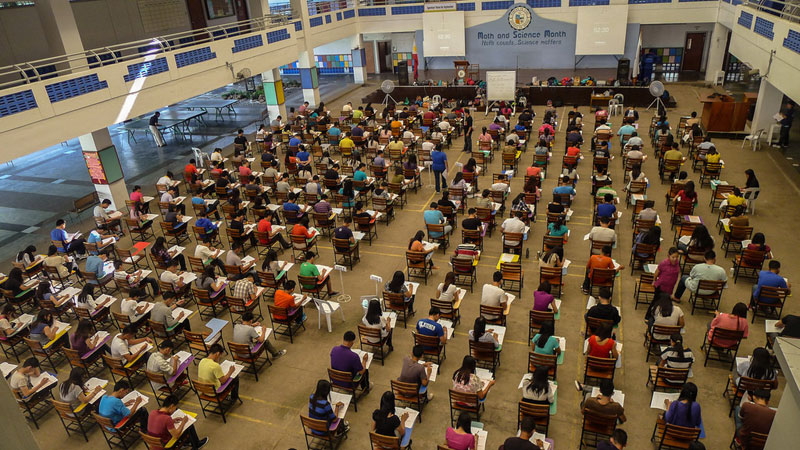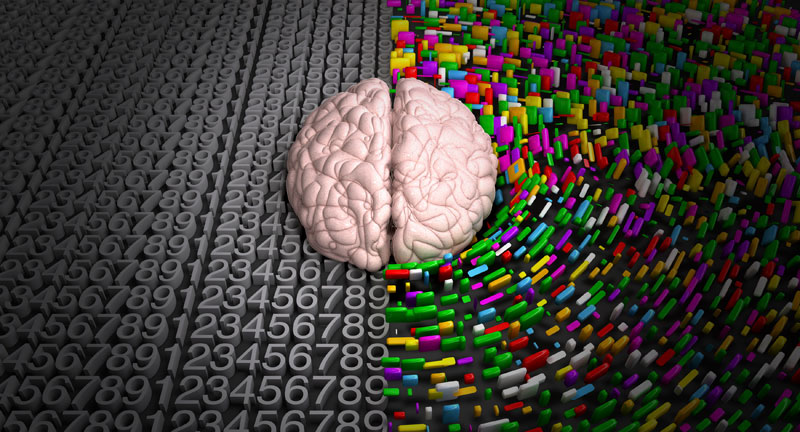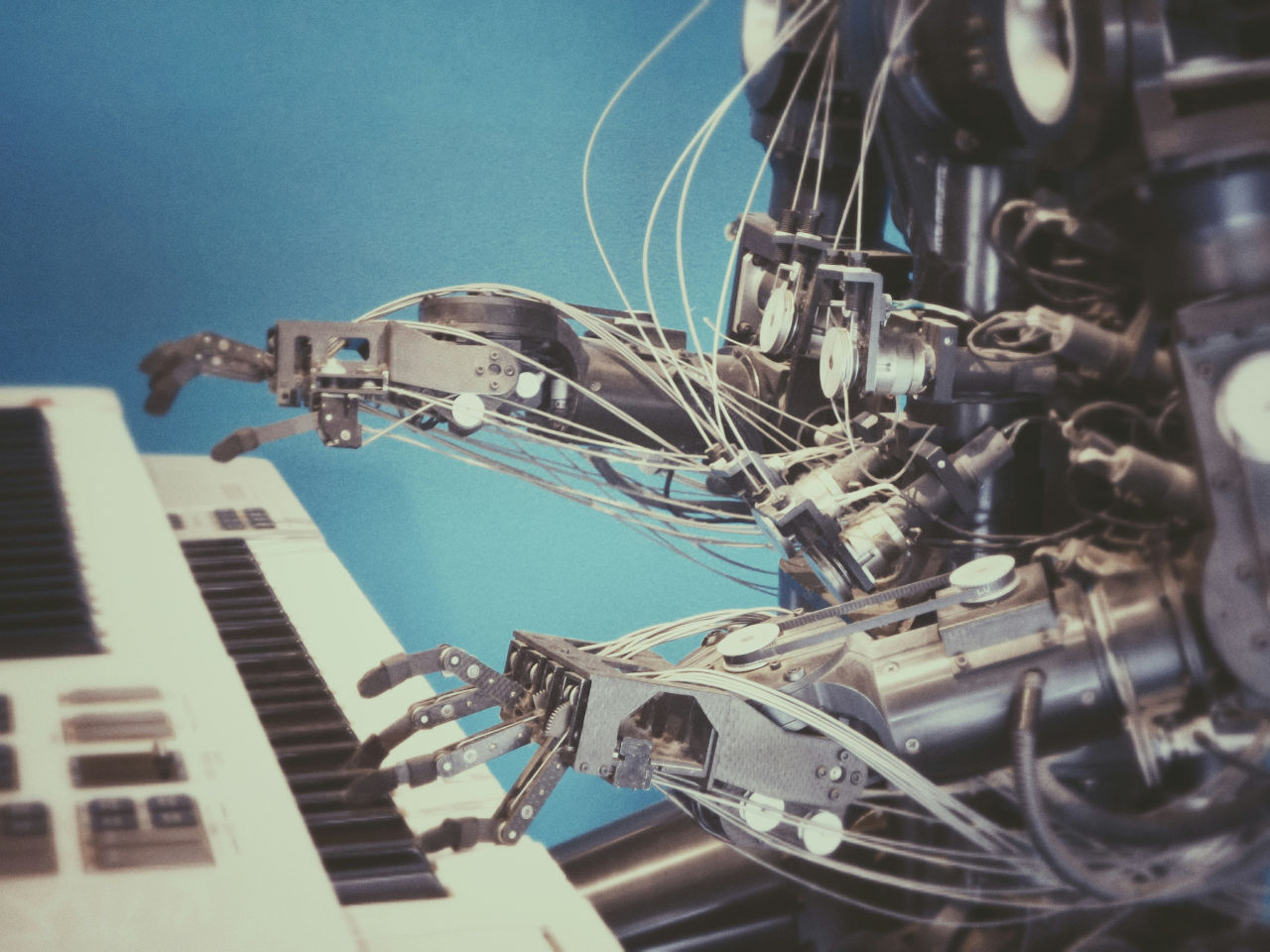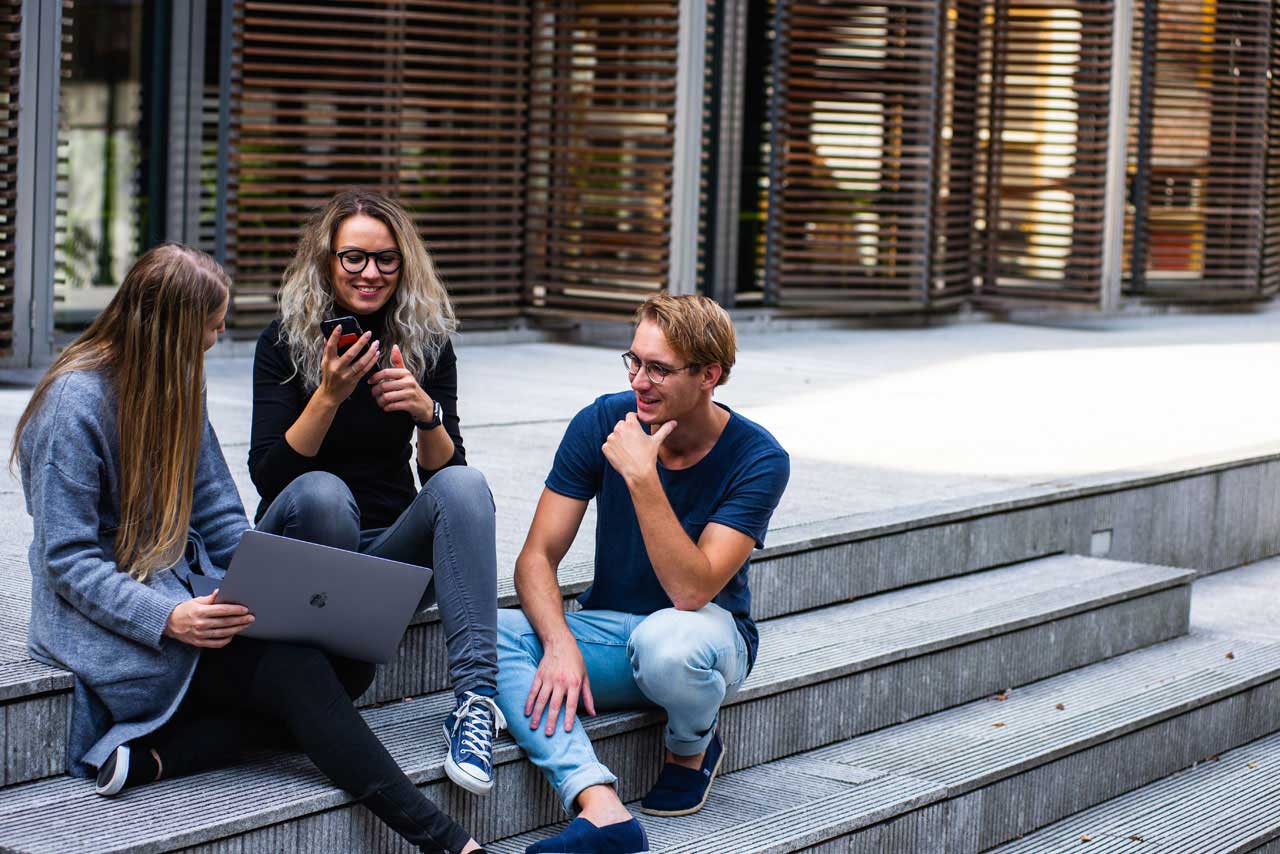When I was a teenager, I discovered the writing of William Upski Wimsatt on making your own DIY Degree and it inspired me to get focused and disciplined about my self-education so I could lead a life where I didn’t have to work for a boss.
From reading his book Bomb The Suburbs, I first learned about unschooling, which is an educational method and philosophy that advocates learner-chosen activities as a primary means for learning. The founder of the Unschooling movement John Holt summarizes the problem with a standardized, one-size-fits-all education system that isn’t integrated into wider society:
“What makes people smart, curious, alert, observant, competent, confident, resourceful, persistent – in the broadest and best sense, intelligent – is not having access to more and more learning places, resources and specialists, but being able in their lives to do a wide variety of interesting things that matter, things that challenge their ingenuity, skill, and judgement, and that make an obvious difference in their lives and the lives of the people around them.”
When I read Upski’s second book No More Prisons, I learned about America’s love affair with prisons and social engineering through schooling. It made me think deeply about the dangers of the societal obsession with the safety and security of prison-like environments, which leave many people too anxious and isolated to lead fulfilling lives.
It’s All Connected:
Each year millions drop out of the Education industrial complex or end in what the ACLU calls the school-to-prison pipeline. Schools, particularly in less privileged areas of the United States, have come to resemble militarized prisons with metal detectors, drug tests, cops in the hallways, electronic surveillance and zero tolerance policies where vulnerable students go to jail for mistakes that should be handled in the school.
Sadly, the Prison-industrial complex is one of the fastest-growing parts of the United States economy and it is financed by many of the same people who profit handsomely from the Military-industrial complex (the United States has spent 14 trillion dollars on war in the past 30 years).
These prison statistics from the Sentencing Project will make your jaw drop:
1. The total incarcerated population in the U.S. is a staggering 2.4 million — a 500% increase over the past 30 years.
2. The United States has the highest incarceration rate in the world. Much higher than China, Russia and Iran.
3. One year at Princeton University: $37,000. One year at a New Jersey state prison: $44,000. The United States now has more jails than colleges.
4. The United States has 5% of the world’s population, but 25% of the world’s prisoners.
5. The U.S. imprisons a larger percentage of its black population than South Africa did at the height of apartheid.
Is There A War On Kids?
I highly recommend watching the trailer for The War on Kids, a documentary that explores how many U.S. schools have come to resemble prisons.
Why We Love Prisons
I hope reading this unschooling manifesto by William Upski Wimsatt will give you pause to contemplate how our values and education have been shaped by mass society’s unhealthy obsession with the safety and security of prison-like environments.
One of the things missing from the conversation about prisons is why we are so attracted to them. From the time we are born we are put in a crib, seat-belted into a stroller, strapped into the back seat with childproof locks. We are driven in cars or buses to sit behind desks in classrooms.
Our homes and stores and libraries have locks on the doors. Our schools have riot gates, security guards, video cameras, metal detectors. Our countryside is locked up with roads and highways. Our rivers and lakes are blocked and polluted. Even our parks have fences around them. Our feet need shoes. Fish belong in fish tanks. Animals are either pets in houses, specimens in zoos, dead on the side of the road or on plates. Workers work in factories, or cubicles or behind counters. Even our bosses must work in offices, the golden cages of the Market Age. Our experience of confinement is so much a necessity in our lives that we can scarcely imagine what it means to be free.
One of the aspects that’s rarely mentioned about freedom is how profoundly frightened of it we are. Our spirits are so broken by modern life. We are so disheartened with ourselves and with others. We have been so hurt, we are reduced to the lowest common denominator: comfort, materialism, and a fear that is directed both outwardly (at the populations we build prisons for) and inwardly, in the sense of imprisonment we feel in our own lives and minds.
Almost everyone I have ever met is walking around with a cell block of imprisoned thoughts and feelings that they have rarely, if ever, allowed themselves to fully feel, much less express to another person.
We treat others the same way we treat ourselves. For every road and zoo and gated community and fence and lock and alarm system and prison we build, we are installing another prison cell in our hearts. We don’t know our own minds for the same reason we don’t know our own cities. There are too many bad neighborhoods, too many people inside of us who we don’t want to see, too many bad feelings to let ourselves free.
I am as afraid as anyone else of violent crime. I’ve had my share of fantasies. “What if we could just lock up all the bad people? Or what if we could just drop a bomb on them and kill them all at once?” I am not immune to these kinds of thoughts, even though I have been arrested several times and I am probably one of the ones who would be blown-up. (They always have to throw in a couple of mischievous white kids so it doesn’t look like discrimination.) Yes, inside of me too lurks a little Hitler who wants to get rid of all the people I don’t like.
It is not bad to have bad thoughts. We all do. Most boys like to blow things up. And all of us have at least a little streak of cruelty. But then we have to investigate: “What are the real consequences to society of quadrupling the prison population every 20 years? Are there better ways to spend the $30,000 a year it takes to lock up each one of our nearly two million incarcerated fellow citizens? What is the effect of incarceration on families? What is the effect on inmates of being forced to adapt to prison life? How does it affect our society to socialize millions of non-violent offenders into violent prison culture? How does it effect people to watch their society adapt itself to the culture of the criminal justice system?
I’ve been feeling like I’m in prison myself lately. How do you work to change the system, and use the system’s tools, without getting caught in the gears? I am crying now as I write this. I woke up this morning sick to my stomach and took a day off of work to come to the park and remember who I am. I have felt numb to life for months now. Only in the last few weeks have I begun to realize how burnt out I am, how much I have numbed myself to life. This may alarm people who know me. Everyone knows me as someone who enjoys life.
I had a conversation with a free person recently. It was almost too much to bear, like looking at the sun. I could feel a love for this person and also rage. Who is he to live free when I have so many masters? I caught a glimpse of how most people probably look at me. We are fascinated by freedom in movies and the freedom we project onto the rich and famous, artists, outlaws, indigenous peoples, children and others who are exempt from some or all of the rules the rest of us normally feel bound to. But in real life we fear freedom. It necessitates personal responsibility and self-trust.
I am a fan of personal responsibility and trust. It is the way they are defined in this society that I have a problem with. If you pave over nature, drive death machines called cars, and contribute to the greenhouse effect in this society you are considered responsible, normal, good. If you ride the bus, hitchhike, walk on the street in a poor neighborhood, or do not own a car, you are considered suspicious, if not an outright bum. If you downsize a company, pollute rivers and manipulate people into buying your products, you’re just building your business career. If you sell weed to feed your family, you deserve to be imprisoned for five years.
Now I’m feeling bad for missing a day of work. I have an incredible job, a dream job, but still some days it feels like a prison. If I didn’t take a day off work today I was gonna go crazy, or more likely I would just shut down, lower my expectations, and go that much more numb. I feel better now being in nature, speaking the truth. What makes me mad is how alone I feel. How many other people get to feel as free as I am? I know I am one of the lucky ones. I have breathed the sweet air of freedom and I am not afraid of the way it fills my lungs. I was lucky to have two parents who loved me and gave me a nearly unblemished streak of good experiences. What impresses me is people who hold onto their faith and love, even though they have seen life’s dark side. As damaged and alienated and sick as we are, maybe it’s a miracle that even more of us don’t live behind bars.
- A Digital Nomad’s Guide To Living In Santa Marta, Colombia - March 16, 2025
- 10 Best Education Documentaries On The Future of Learning - March 5, 2025
- 10 Best Home Neurofeedback Devices For Brain Training - February 23, 2025





 This website uses cookies to improve your web experience.
This website uses cookies to improve your web experience.